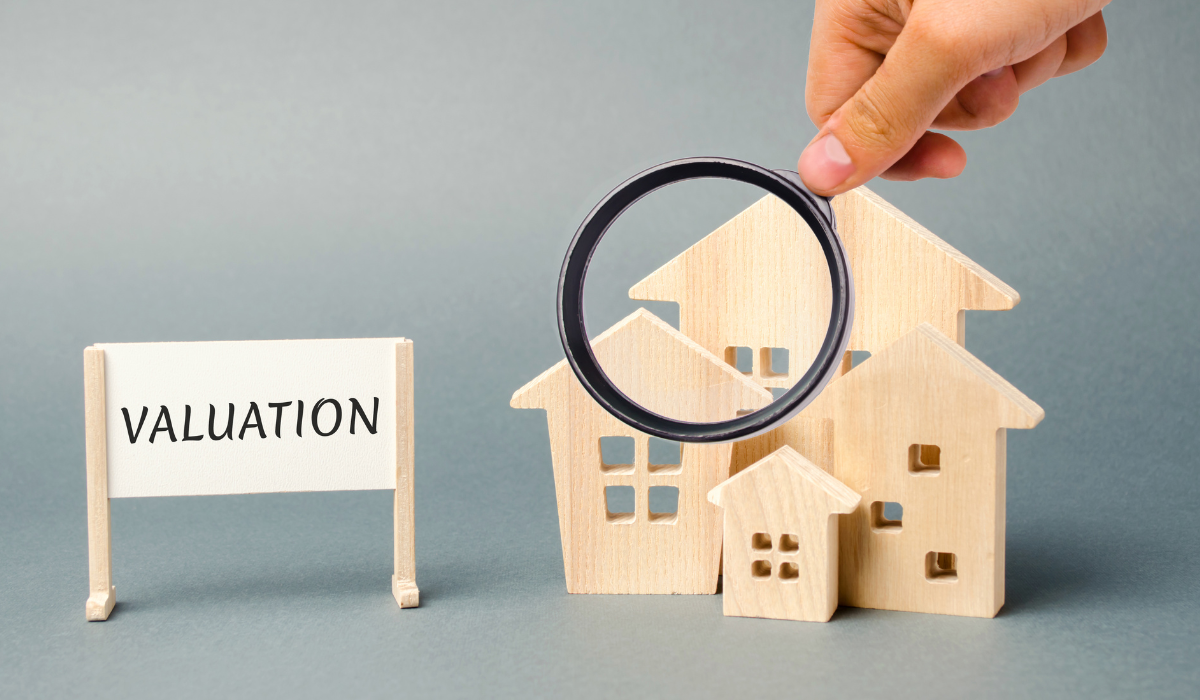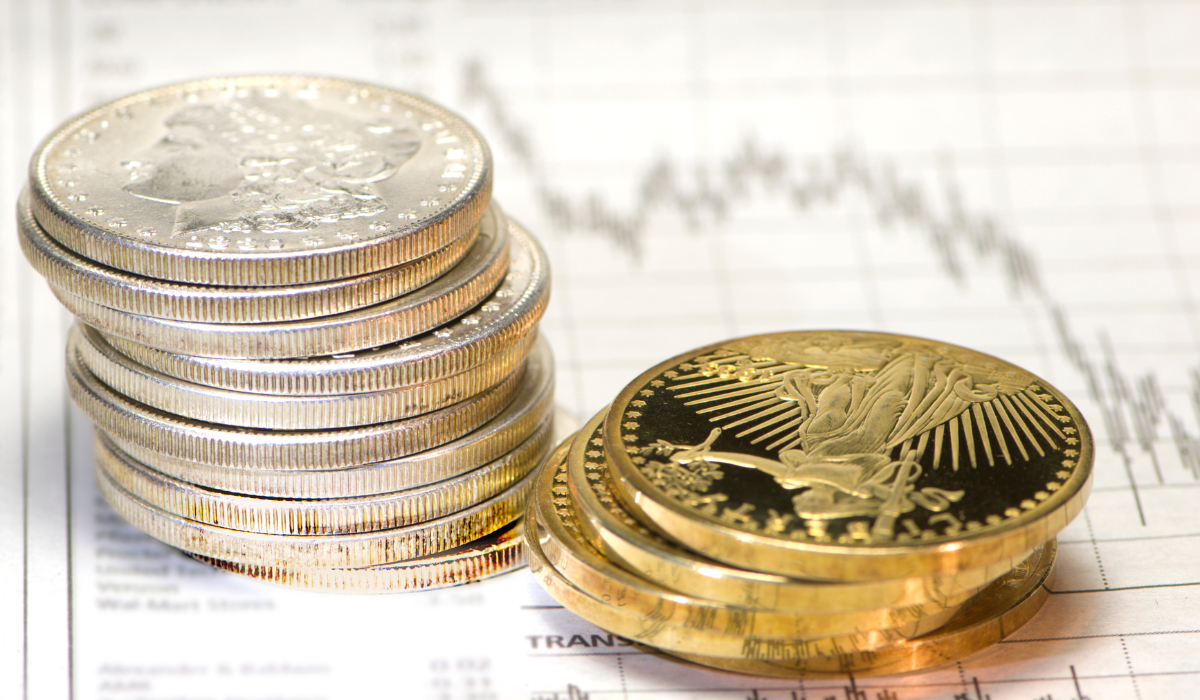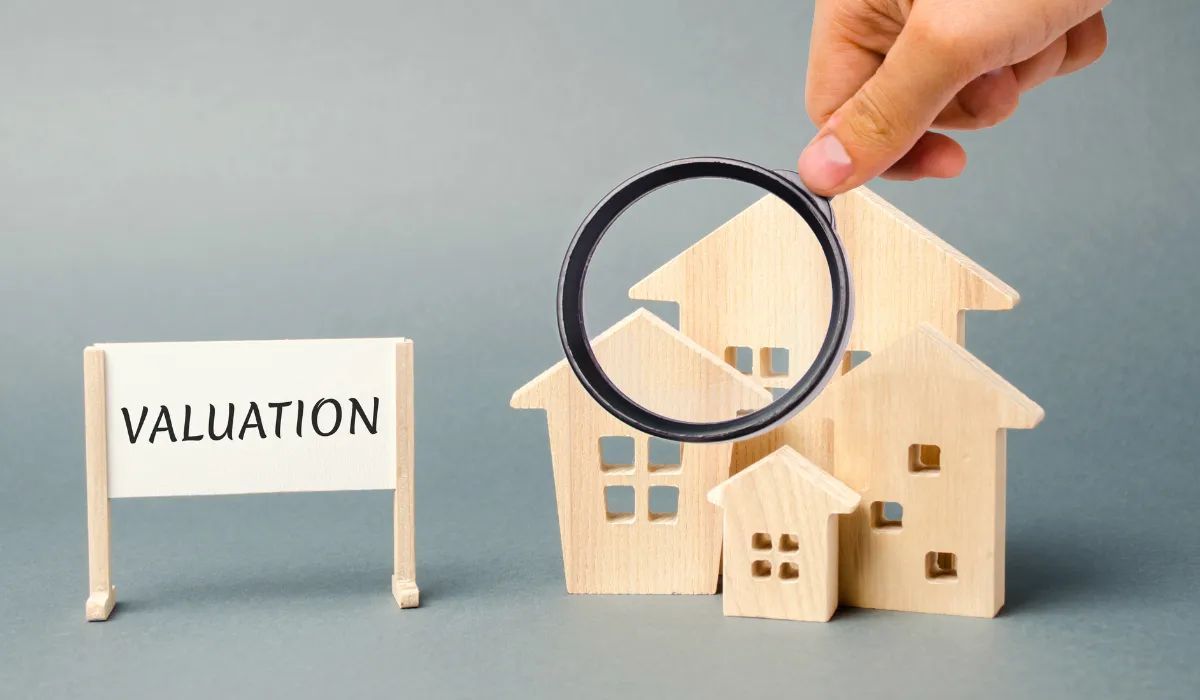How to Choose a Reliable Precious Metals Exchange: Factors to Consider
Investing in precious metals such as gold, silver, platinum, and palladium has been a time-tested strategy for preserving wealth and diversifying investment portfolios.
However, navigating the landscape of precious metals exchanges can be daunting for both novice and seasoned investors alike.
Choosing a reliable precious metals exchange is crucial to ensure security, transparency, and fair pricing.
In this article, we will delve into the key factors to consider when selecting a precious metals exchange , empowering you to make informed decisions and safeguard your investments.
Reputation and Trustworthiness:
- Reputation is paramount when choosing a precious metals exchange.
Conduct thorough research to gauge the exchange’s reputation within the industry and among its clientele.
- Look for customer reviews, ratings, and testimonials from reputable sources to assess the exchange’s track record for reliability, honesty, and integrity.
- Verify if the exchange is accredited by regulatory bodies such as the Better Business Bureau (BBB) or certified by industry associations like the Professional Numismatists Guild (PNG).
Security Measures:
- Prioritize security when selecting a precious metals exchange to safeguard your investments against theft, fraud, or cyber-attacks.
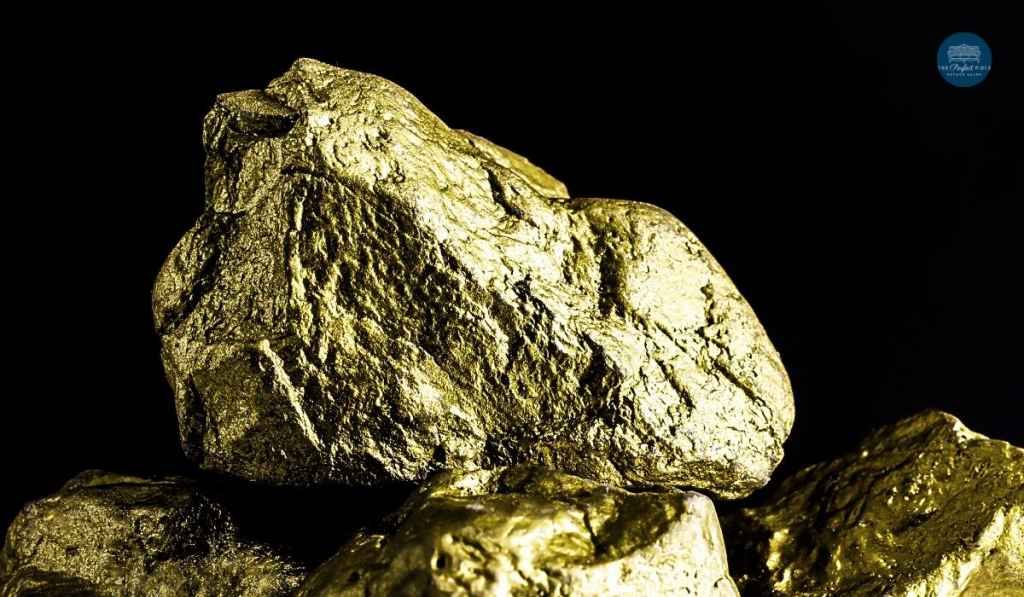
- Ensure the exchange employs robust security protocols such as encrypted data transmission, multi-factor authentication, and physical vaulting facilities with stringent access controls.
- Inquire about insurance coverage for stored metals to mitigate risks associated with loss or damage.
Range of Products:
- Evaluate the variety of precious metals products offered by the exchange, including bullion bars, coins, rounds, and numismatic collectibles.
- Consider whether the exchange provides access to a diverse range of metals such as gold, silver, platinum, and palladium, allowing you to customize your investment portfolio according to your preferences and objectives.
Pricing Transparency:
- Transparency in pricing is essential to ensure fair and competitive transactions. Choose an exchange that provides transparent pricing without hidden fees or excessive markups.
- Compare the exchange’s buy and sell prices for precious metals against prevailing market rates to assess its pricing competitiveness.
- Beware of deceptive pricing practices such as bait-and-switch tactics or inflated premiums, which can erode your investment returns over time.
Liquidity and Accessibility:
- Consider the liquidity and accessibility of the precious metals market offered by the exchange, enabling you to buy or sell your holdings with ease and efficiency.
- Evaluate the exchange’s liquidity by assessing trading volumes, bid-ask spreads, and market depth for various precious metals products.
- Determine the accessibility of the exchange’s trading platform, whether it offers intuitive user interfaces, mobile compatibility, and responsive customer support to facilitate seamless transactions.
Regulatory Compliance:
- Ensure that the precious metals exchange operates in compliance with relevant laws, regulations, and licensing requirements in its jurisdiction.
- Verify if the exchange is registered with regulatory authorities such as the U.S. Commodity Futures Trading Commission (CFTC) or the Financial Industry Regulatory Authority (FINRA).
- Confirm the exchange’s adherence to anti-money laundering (AML) and know-your-customer (KYC) regulations to prevent illicit activities and safeguard against financial risks.
Customer Service and Support:
- Assess the quality of customer service and support provided by the precious metals exchange to address inquiries, resolve issues, and assist with account management.
- Look for exchanges that offer responsive customer support channels such as live chat, email, and phone support during business hours.
- Evaluate the exchange’s reputation for customer satisfaction and reliability based on feedback from existing clients and independent reviews.
Storage Options and Custodial Services:
- Consider the storage options provided by the precious metals exchange, including allocated and unallocated storage, as well as segregated and non-segregated storage facilities.
- Assess the security and insurance coverage associated with each storage option to protect your precious metals holdings against theft, loss, or damage.
- Evaluate the exchange’s custodial services, which may include professional vaulting, auditing, and inventory management to ensure the integrity and safety of your investments.
Market Reputation and Industry Standing:
- Delve deeper into the exchange’s market reputation and industry standing by examining its longevity, stability, and contribution to the precious metals market.
- Research the exchange’s affiliations with industry organizations, participation in industry events, and contributions to industry publications to gauge its standing within the precious metals community.
- Consider the exchange’s role in promoting transparency, innovation, and best practices within the industry, reflecting its commitment to excellence and accountability.
Regulatory Oversight and Compliance Standards:
- Explore the regulatory landscape governing precious metals exchanges and the importance of choosing an exchange that adheres to strict regulatory standards.
- Highlight the significance of regulatory oversight in protecting investors’ interests, ensuring market integrity, and fostering trust and confidence in the precious metals market.
- Emphasize the role of regulatory compliance in safeguarding against fraudulent activities, money laundering, and other illicit practices that could undermine the integrity of the exchange and the broader market.
Market Accessibility and Global Reach:
- Discuss the importance of market accessibility and global reach in facilitating diversified investment strategies and capitalizing on opportunities in the global precious metals market.
- Highlight the benefits of choosing an exchange that offers access to international markets, enabling investors to leverage geographic diversification, currency exposure, and geopolitical risk management.
- Consider the exchange’s network of partners, affiliates, and counterparties, which may enhance its ability to source, distribute, and trade precious metals on a global scale, providing investors with greater flexibility and liquidity.
Technological Innovation and Digital Integration:
- Examine the role of technological innovation and digital integration in transforming the precious metals market and enhancing the investor experience.
- Highlight the importance of choosing an exchange that leverages advanced technologies such as blockchain, AI, and data analytics to streamline processes, improve transparency, and enhance security.
- Discuss the emergence of digital precious metals platforms, tokenized assets, and decentralized exchanges, offering investors new opportunities for trading, investing, and storing precious metals in digital form.
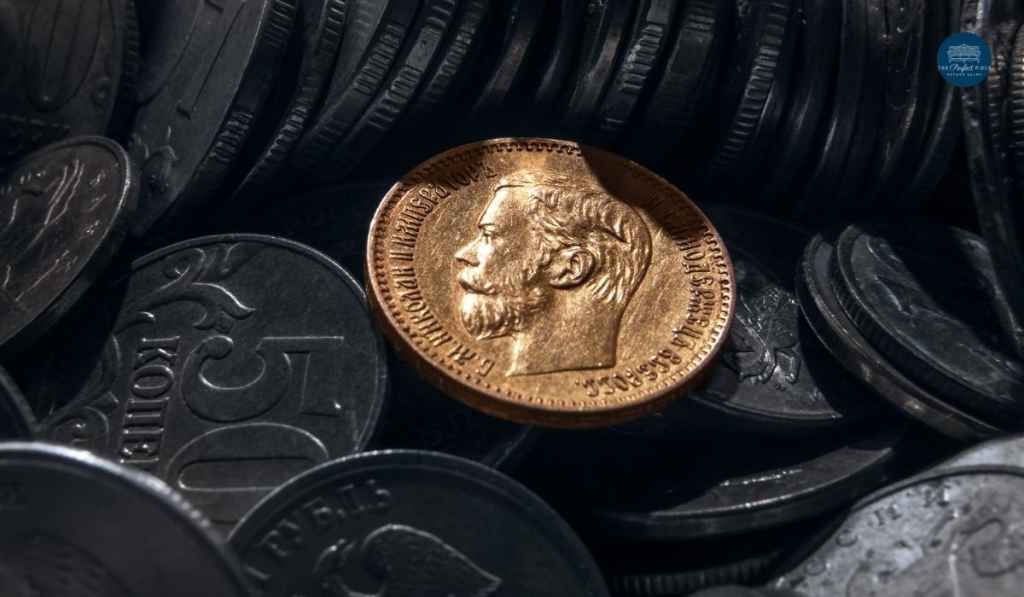
Sustainable Practices and Ethical Sourcing:
- Address the growing importance of sustainable practices and ethical sourcing in the precious metals industry, driven by environmental, social, and governance (ESG) considerations.
- Highlight the efforts of reputable exchanges to adopt responsible sourcing practices, support ethical mining initiatives, and promote transparency throughout the supply chain.
- Encourage investors to prioritize exchanges that demonstrate a commitment to sustainability, ethical conduct, and corporate social responsibility, aligning with their values and contributing to positive social and environmental outcomes.
Conclusion
Expanding on these additional points enriches the discussion on how to choose a reliable precious metals exchange.
By considering factors such as storage options, market reputation, regulatory compliance, global accessibility, technological innovation, and ethical practices, investors can make informed decisions that align with their investment objectives, risk tolerance, and values.
In an ever-evolving market landscape, staying informed and discerning is essential to navigate the complexities of the precious metals market and protect and grow your investment portfolio effectively.
For personalized guidance and assistance in selecting the right precious metals exchange for your needs, feel free to contact us at The Perfect Piece Atlanta .
FAQs
What should I consider when choosing a precious metals exchange?
When selecting a precious metals exchange, consider factors such as reputation, security measures, range of products, pricing transparency, liquidity, regulatory compliance, customer service, storage options, market reputation, and technological innovation.
How important is reputation and trustworthiness in selecting an exchange?
Reputation is crucial as it reflects the exchange’s track record for reliability, honesty, and integrity. Look for customer reviews, ratings, and accreditations from reputable sources to assess the exchange’s reputation within the industry.
What security measures should I look for in a precious metals exchange?
Prioritize exchanges with robust security protocols such as encrypted data transmission, multi-factor authentication, and secure vaulting facilities. Inquire about insurance coverage for stored metals to mitigate risks associated with loss or damage.
What factors contribute to pricing transparency in a precious metals exchange?
Transparent pricing is essential to ensure fair and competitive transactions. Choose exchanges that provide clear pricing without hidden fees or excessive markups. Compare buy and sell prices against prevailing market rates to assess competitiveness.
How does liquidity and accessibility impact my investment with a precious metals exchange?
Liquidity and accessibility enable you to buy or sell your holdings efficiently. Evaluate trading volumes, bid-ask spreads, and market depth to gauge liquidity. Consider the accessibility of the exchange’s trading platform and customer support for seamless transactions.
What regulatory compliance standards should a precious metals exchange meet?
Ensure that the exchange operates in compliance with relevant laws, regulations, and licensing requirements. Look for registrations with regulatory authorities and adherence to anti-money laundering (AML) and know-your-customer (KYC) regulations.
What storage options and custodial services should I consider?
Evaluate storage options such as allocated vs. unallocated storage and segregated vs. non-segregated facilities. Assess security measures and insurance coverage associated with each option. Consider custodial services for professional vaulting and inventory management.
How does market reputation and industry standing impact my choice of exchange?
Delve into the exchange’s market reputation, longevity, and contribution to the industry. Research affiliations with industry organizations and commitment to transparency and best practices to gauge industry standing.
Why is regulatory oversight important for a precious metals exchange?
Regulatory oversight protects investors’ interests, ensures market integrity, and fosters trust. Compliance with regulatory standards prevents fraudulent activities and safeguards against illicit practices, enhancing the exchange’s integrity and credibility.
How does market accessibility and global reach benefit investors?
Market accessibility and global reach facilitate diversified investment strategies and capitalize on opportunities in the global market. Access to international markets provides geographic diversification, currency exposure, and liquidity.
What role does technological innovation play in selecting an exchange?
Technological innovation enhances the investor experience by streamlining processes, improving transparency, and enhancing security. Look for exchanges leveraging advanced technologies such as blockchain, AI, and digital integration for a seamless trading experience.
Why is ethical sourcing important in the precious metals industry?
Ethical sourcing promotes sustainability and responsible mining practices, aligning with environmental, social, and governance (ESG) considerations. Choose exchanges that support ethical mining initiatives and demonstrate a commitment to sustainability and corporate social responsibility.
The post How to Choose a Reliable Precious Metals Exchange: Factors to Consider appeared first on Perfect Piece.

